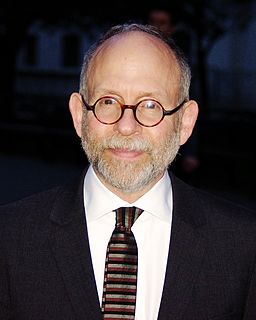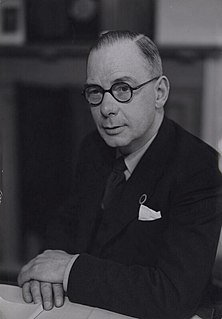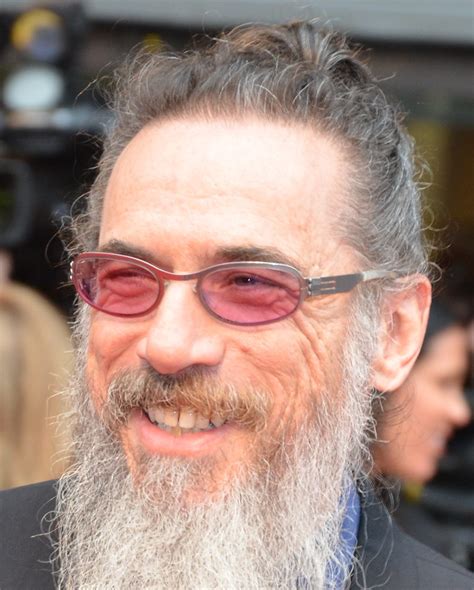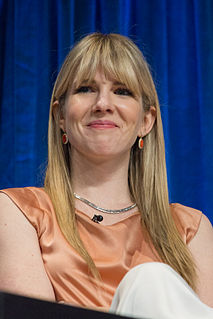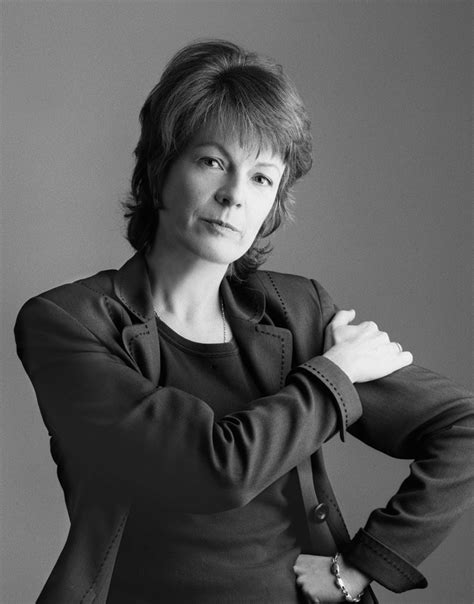A Quote by Martha Plimpton
Very often a job will come along that speaks to the place you're in as a person at that very moment. And usually once I've done it I feel like that part is over.
Related Quotes
I believe, and this is something I also learned from Alice Munro, that there's a moment where the personal becomes totally universal. When you see that person in their pathetic moment, that's the moment where the completely unifying sympathy with that person is possible - where you're no longer a person here and they're someone over there, and you can really feel like one, you can really feel like a human being. Or more like, you can really feel like flesh and blood, because I feel like that moment is the same thing with animals.
Holocaust is very much a part of present discussion all over the place. There are little plaques everywhere you go around in different neighborhoods. "This person here was prosecuted." "This person was sent to this concentration camp." "A family of Jews lived here. They took over his business." Little, very discrete, very dignified plaques are everywhere.
I try to come to my reporting as a real, whole person, not an automaton. And it's always one of the strange discomforts of the job, that you're in this very intense moment in someone's life - you're engaging with them nonstop - and then suddenly your piece is out and that's done. It always reminds me that the journalist's job isn't to be someone's friend, or their psychologist, or anything other than what we actually are. And at the end of the day, that can definitely seem like such a strange, extractive relationship.
I had never done a 90-minute play with no intermission, so it is a bit like you get onto the train and you don't get off until it's over - and it's over very quickly, so don't miss a moment of it. That experience is very rare and specific so don't miss a minute, because there aren't very many minutes of it.
I have been waiting for someone to come along and tap into that very real frustration that exists in a very large segment of the working-class Republican base. And no one had done it until Donald Trump. I very clearly saw a void, and I knew somebody would fill it. And the moment I knew he had filled it, I knew he would win the nomination.
People are often very frightened of their anger. They feel it will cause them to do something harmful. If you have this fear, create a safe situation where you can express your anger, alone or with a trusted therapist or friend. Allow yourself to talk angrily, shout, hit pillows, whatever you feel like. Once you've done this in a safe environment, you will have released some of the charge, and you can look underneath the anger to find what you need to do to take better care of yourself. Like any emotion, anger is a valuable tool, teaching us who we are and how we feel.


